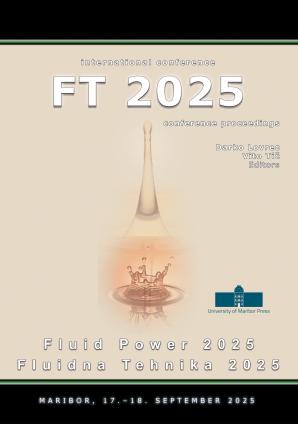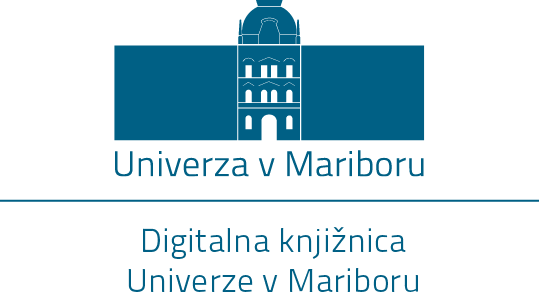Pneumatics Today and Tomorrow: A Review of Technology and Development Trends
Kratka vsebina
This paper reviews recent innovations and trends in pneumatics, highlighting advances in actuator design, energy efficiency, and intelligent control. Developments in miniature 3D-printed and soft pneumatic actuators offer lightweight, customizable, and safe solutions for robotics and biomedical applications. Proportional and digital pneumatics continue to evolve for Industry 4.0, with reinforcement learning improving controller adaptability. Energy-saving methods-including intermittent air supply, pressure-based cut-off circuits, optimized sizing, and novel throttling-enable up to 71 % efficiency gains and short payback times. Trajectory-based gripping force calculation and product carbon footprint analysis support sustainable practices. Soft robotics contributes with novel actuator designs, data-driven modelling, and nonlinear control strategies. Experimental validations confirm these technologies’ practicality and effectiveness. Overall, this review presents pneumatics as a versatile, efficient, and eco-conscious platform for modern automation, integrating IoT, digital twins, and hybrid systems for future-ready fluid power solutions.







